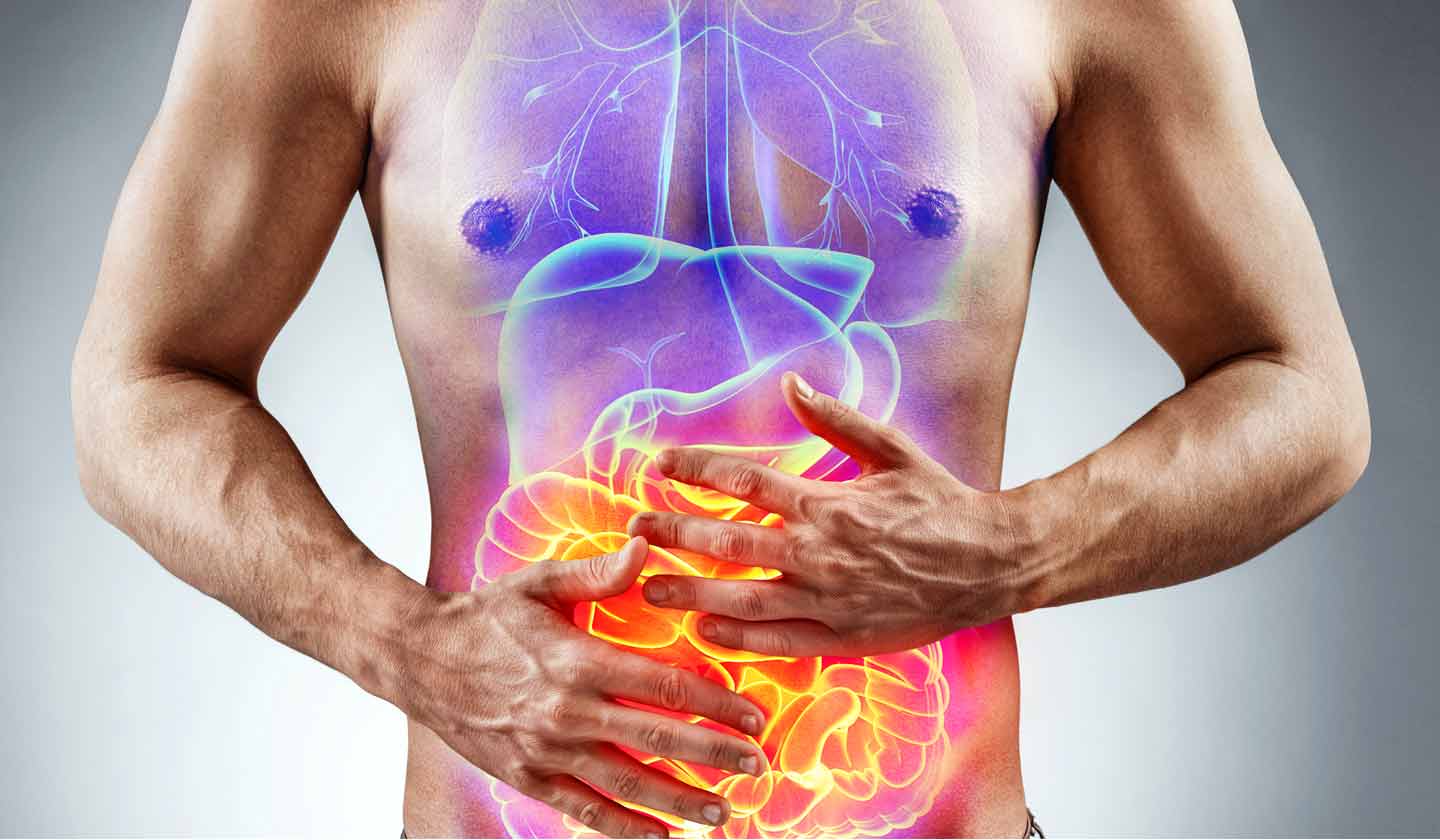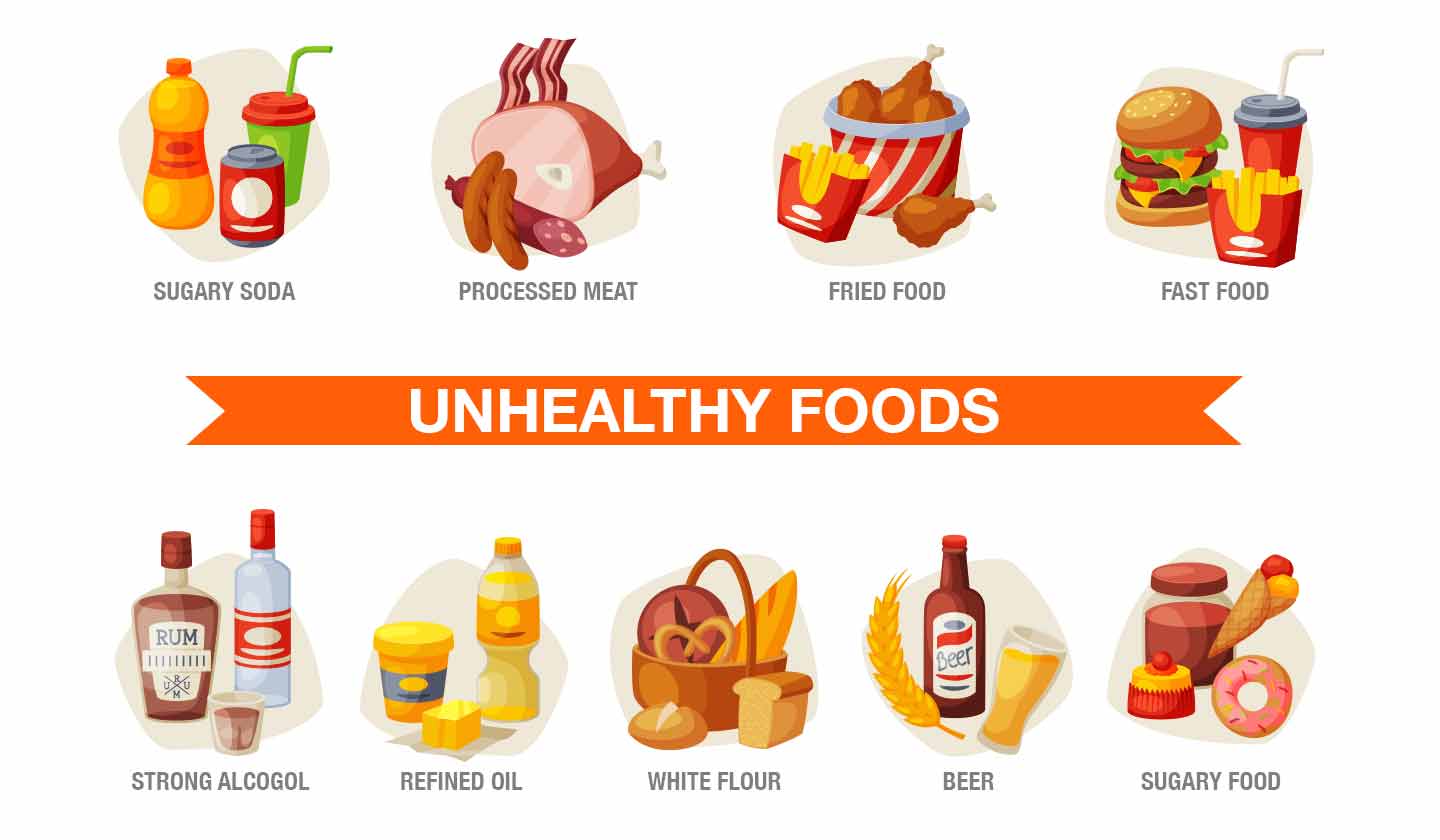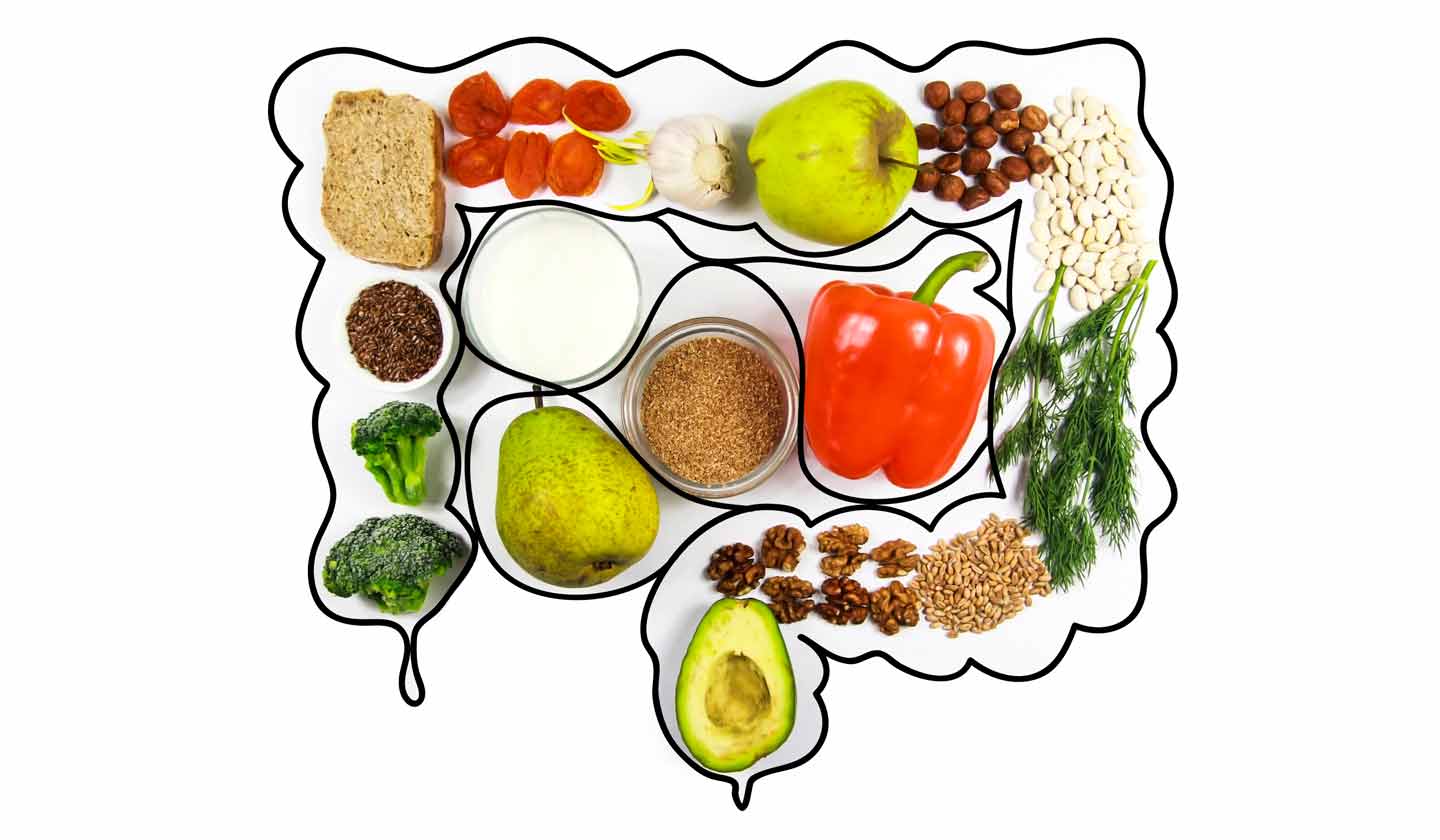Digestive system
First, to keep the bowels healthier and then to reduce symptoms

The term has become increasingly popular nowadays and, as the name implies, it is a disease resulting from the intestine inflammation. This inflammation usually affects people who are more susceptible to certain foods or substances. First, let us look at the importance of the intestine in our health.
What is the intestine for?
The intestine is an organ of digestion, absorption, and excretion, and for many scholars, it is considered the 2nd brain inside the organism itself.
The small intestine measures between 6 to 9 meters long. The large intestine is 1.5 meters long, but it is 3 times wider.
Among its numerous functions, the intestine receives nutrients that are essential for nutrition, metabolises them (turns them into useful substances), produces energy for the functioning of the body (including the brain), participates in endocrine functions (hormone production), takes care of our protection (immunologic function) and discharges what is not absorbed by our body (waste) through stool.
Why do we suffer more frequently from bowel disorders nowadays?
The industrialization of our food and the changes in the Mediterranean dietary pattern have largely contributed to a modification of the intestinal flora balance. Today, the majority of the population is known to suffer from constipation (intestinal affection characterised by few bowel movements, straining, lumpy or hard stools). Now, it is deemed “natural” to go to the bathroom fewer times, when it should be the opposite, almost as if the intestine was a “storage/reserve” organ and not an excretory organ. Many studies relate constipation to other co-morbidities, namely breast cancer.
Constipation can be the first sign/symptom that your health is not doing well!
What are the most common causes of Irritable Bowel Syndrome?
The walls of the intestines are lined with muscles that contract and relax as the ingested food passes through the stomach towards the rectum. In the irritable bowel syndrome, contractions can be stronger and can last longer than normal, leading to the appearance of some characteristic symptoms of this disease, such as abdominal pain, gases, flatulence and diarrhoea. However, the opposite can happen too: intestinal contractions weaker than normal, slowing down the passage of food and leading to harder stools.
Although it is not precisely known what the main causes of this disease are, the most frequent causes are: certain foods, stress, hormonal malfunction, and diseases such as gastroenteritis.

What foods are harmful to the intestinal flora?
Refined and processed foods, transgenics, products from animals raised in captivity, white sugar and white bread favour the development of harmful bacteria that live without oxygen (anaerobic). But it is important to know that healthy intestinal bacteria also have another mission: they produce nearly all water-soluble vitamins, except for vitamin C; they also produce vitamin B6, nicotinic acid, vitamin B12 and folic acid and vitamin K, which means that the intestinal malfunction affects many other physiological activities of the body.
What are the main risk factors?
Many people show signs and symptoms of irritable bowel syndrome occasionally. However, some groups are more likely to develop this disease, including:
- Women (the disease affects approximately twice as many women as men)
- People up to the age of 45
- People with a family history of the disease
- Having a mental health problem, such as anxiety, depression, personality disorder and traumas

How can we keep your intestines healthier?
To keep the intestines healthy, it is necessary to have a varied diet with different sources of nutrients (carbohydrates, proteins and fats) and drink enough water and every day (1,5 to 2 litres per day).
Also, special attention should be given to intestinal stimuli, meaning that you should always respond to the urge to go the bathroom. A daily amount of 25g to 30g of varied fibres (the average in Portugal is 12g) should be ingested to stimulate a bowel movement.
- Avoid processed, smoked and canned foods. These foods are irritating to the intestinal mucosa.
- Regular physical activity must be practised;
- Respect the functioning of the intestines; do not ignore an urge to go to the bathroom when you are not at home or because you do not like using other toilets.
- Do not use laxatives, antibiotics, or analgesics indiscriminately and without medical prescription.

António Hipólito de Aguiar
(Farmacêutico; Docente Universitário)
Também lhe poderá interessar
Endocrine system
Diabetes - When your body doesn't know what to do with sugar
Cardiovascular system






